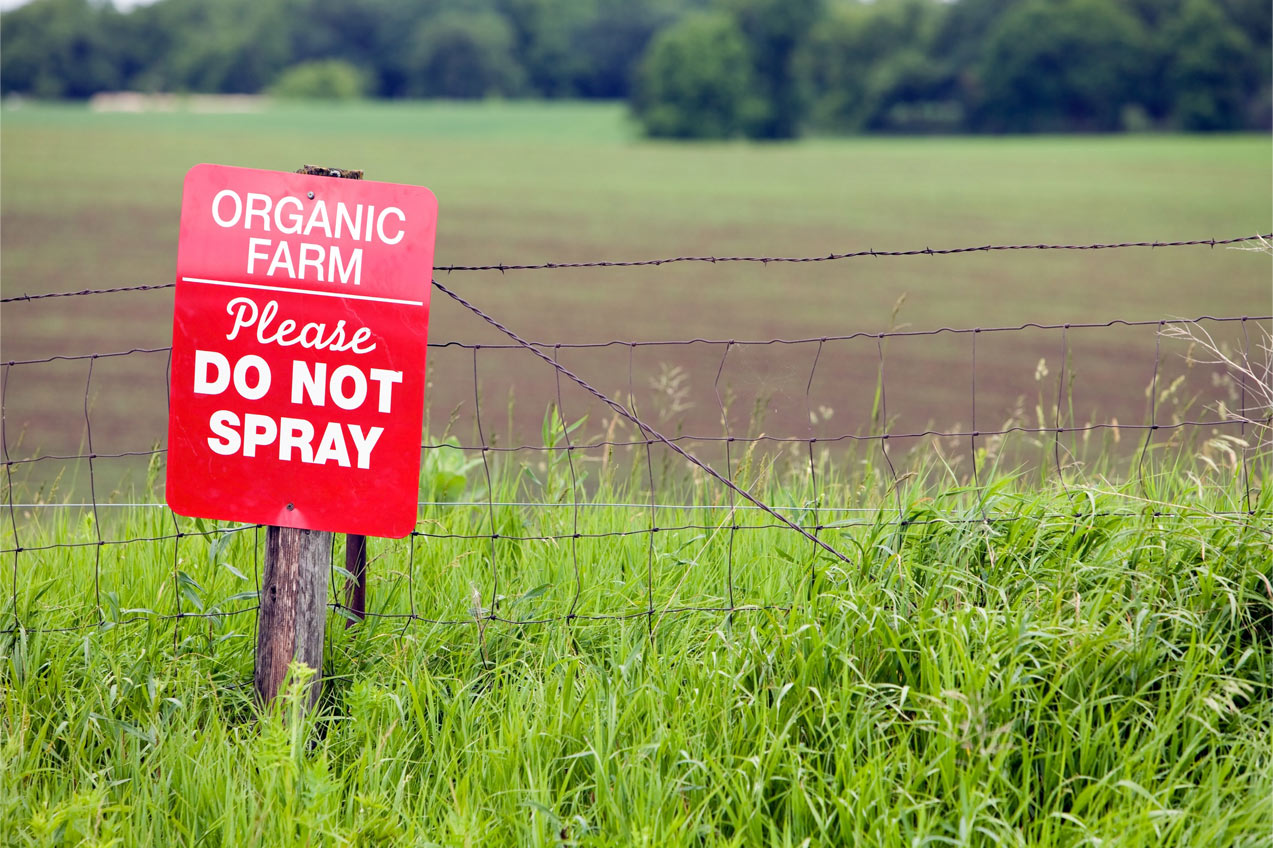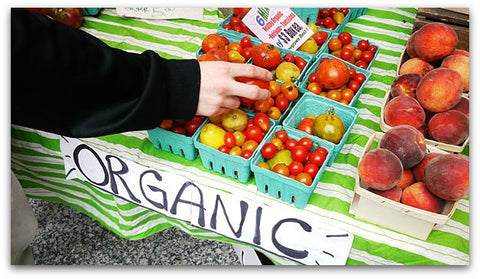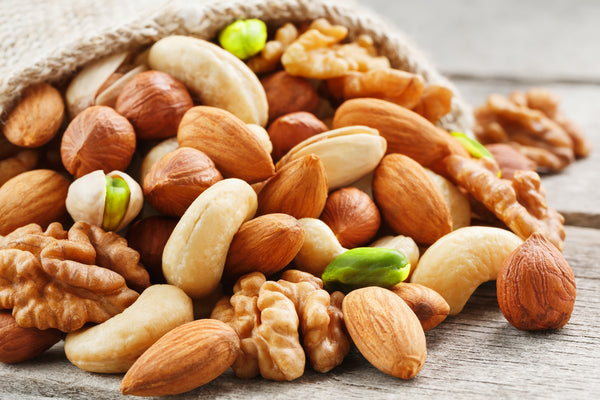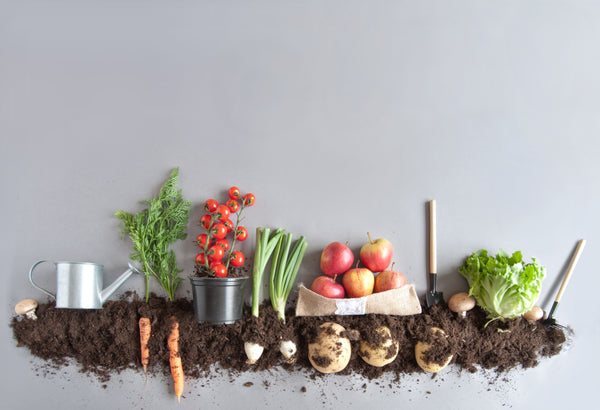Your Cart is Empty
Why to Organically Care about “Organic”

Produce, beauty products, food items, the word organic is all over the place, but what exactly does “organic" mean and why should you care?
The term “organic” specifically refers to the standards of which a food ingredient is grown. In order to claim an item as organic, it needs to be certified by an approved regulating agency and needs to meet strict federal production standards set by the USDA. There are four categories of items that can be certified as organic: (1) farm-grown produce, (2) wild-grown produce, (3) animal products, and (4) packaged goods, and each category has it’s own set of regulations [1].

For example, in order for a farmer to grow organic produce, the farmer cannot use synthetic fertilizers, pesticides, harmful chemicals, sewage sludge, irradiation or genetic engineering [5]. Yes, that’s right, a certified organic product is also a non-GMO product! Animal products, on the other hand, have organic regulations that focus on the type of feed given to the animals and how the animal are being raised. Specifically, these regulations include the use of 100% organic feed, the prohibited use of antibiotics and hormones, and that animals are raised in ways that accommodate their natural behavior (ie: grazing and walking about) [2]. In order for a packaged good to be certified as organic, like Mammoth Bars for example, the manufacturers must follow certain organic productions standards while also ensuring the use of organic ingredients and the strict disuse of artificial dyes, flavorings, and preservatives [3].
The organic certification does not only focus on chemical and pesticide free standards, it also focuses on sustainable growing and production practices. The USDA National Organic Program (NOP) states that organic food is produced by farmers with an emphasis on conservation and the use of renewable resources in order to enhance environmental quality for future generations [4].
The USDA Organic seal is only provided to products that are officially certified as organic. Receiving an organic certification is not a one-time pass/fail, instead government-approved agencies conduct annual inspections as well as random checks to ensure that farmers and manufacturers are continually meeting strict organic standards. When you see the USDA Organic seal, you can rest assured in knowing the integrity and quality of that organic product. [4]

While it would be ideal to have 100% pesticide-free produce, that is not the case with organic produce as is sometime assumed. Unfortunately, since there is no physical barrier in the soil or the air between conventionally-grown farms and organically-grown farms, organic farmers cannot fully prevent some pesticide exposures from outside sources via the wind and groundwater. With that said, organic produce has been shown to have a 30% less risk of pesticide contamination compared to conventionally-grown produce. [5].
Not only does organic produce have less pesticide exposure when compared to their conventionally-grown counterparts, organic produce has also been found to have higher antioxidant levels. Certain antioxidant compounds are made by plants as a protection mechanism against pests [6]. Some scientists speculate that because chemical pesticides are not used on organic produce, organic produce yields higher antioxidant values in order to naturally fight their attackers. Other scientists feel there are different explanations for the higher antioxidant levels; another explanation is that since organic plants are not fed artificial fertilizers, they are more susceptible to natural selection allowing the strong varietals to flourish [6].
The word “organic” is so much more than meets the eye. Due to rigorous and continual inspections, the word organic guarantees a high-quality, non-GMO product that is grown and produced with integrity. Organic standards on packaged goods ensure the use of real ingredients without artificial flavors, dyes, and other weird stuff. Organic farming practices not only focus on the use of less chemicals, but also on environmentally friendly technics and cruelty-free standards. While not pesticide-free, organic produce does experience less pesticide exposure, and can provide higher levels of antioxidants to the consumer. Simply put, “organic” is something we all should organically care about.
References:
[1] https://www.ams.usda.gov/rules-regulations/organic
[2] https://www.usda.gov/media/blog/2012/03/22/organic-101-what-usda-organic-label-means
[3] https://www.ccof.org/certification
[4] http://www.organic.org/home/faq#faq1
[5] https://extension.arizona.edu/sites/extension.arizona.edu/files/pubs/az1603.pdf
[6] https://www.theguardian.com/environment/2014/jul/11/organic-food-more-antioxidants-studyAlso in Health & Wellness Corner

We’re nuts about nuts- and you should be, too
History, benefits, and fun facts about the superfood.
Read More

